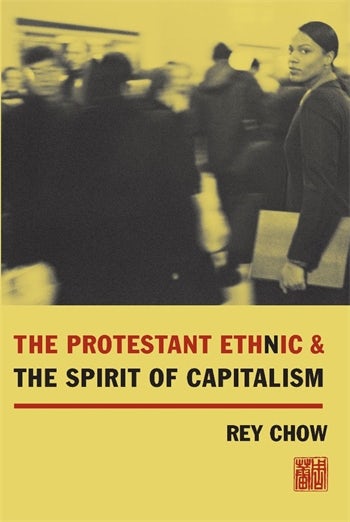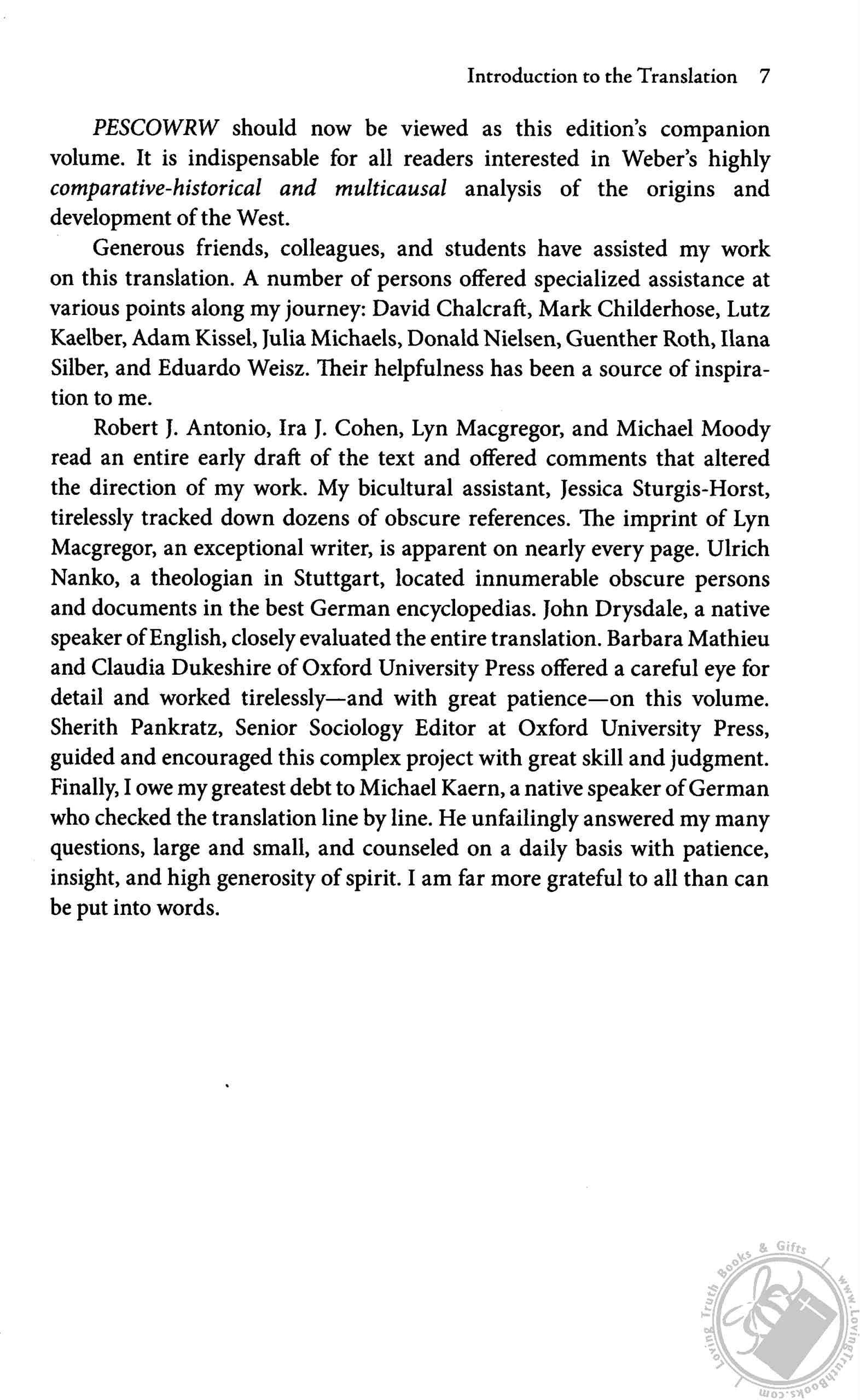

Weber, unlike others in the German School, spent little time describing the role played by economic policies of governments in economic change. These scholars were concerned with explaining the rise of modern economies, as well as with the explanation of the institutions and conditions that influenced the development and operation of economies and societies. Weber’s concerns within economic history, particularly in The Protestant Ethic and the Spirit of Capitalism, fit well into the general interests of the turn-of-the-century historical schools in Germany and in England.

Schumpeter (1954, 21 and 819) distinguished between economic analysis, which “deals with the questions of how people behave at any time and what the economic effects are they produce by so behaving,” and economic sociology, which “deals with the question how they came to behave as they do.” This concern with the latter question is reflected in Weber’s still important work on the development of capitalism. Ironically, Weber’s contemporary, Joseph Schumpeter (1991, 220-229) argued that, althoughWeber’s academic career began with chairs in economics, “he was not really an economist at all,” but rather a sociologist. Max Weber’s The Protestant Ethic and the Spirit of Capitalism has had an enduring impact on the field of economic history. Max Weber’s The Protestant Ethic and the Spirit of Capitalism after Almost One Century Review Essay by Stanley Engerman, Departments of Economics and History, University of RochesterĬapitalism, Protestantism, and Economic Development: Max Weber, The Protestant Ethic and the Spirit of Capitalism

The Protestant Ethic and the Spirit of Capitalism Author(s):


 0 kommentar(er)
0 kommentar(er)
